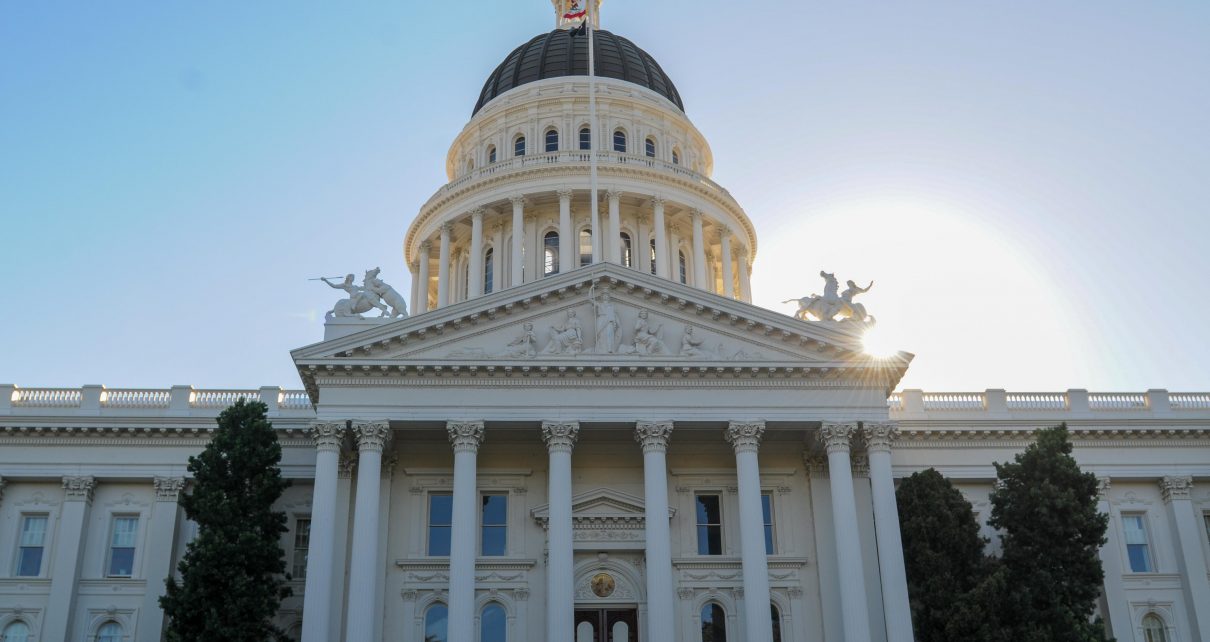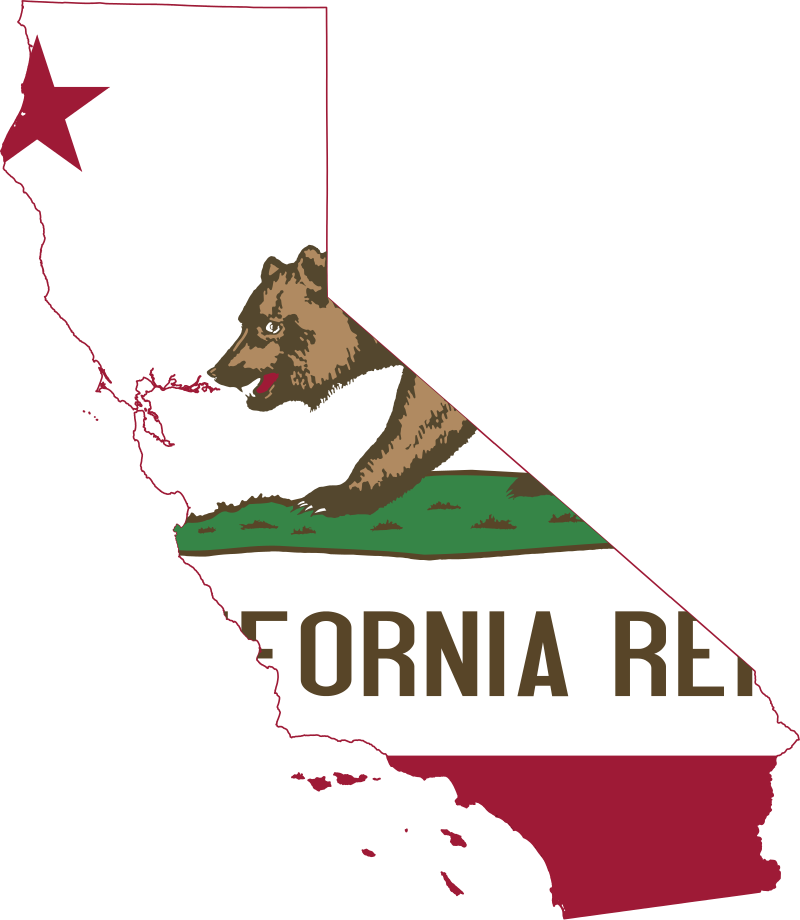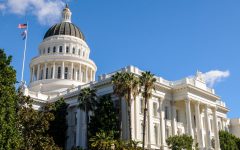
California State Capitol. (Photo: Kevin Sanders for California Globe)
Can Any Bill Call an Election?
The Legislature is able to supersede provisions of the Elections Code
By Chris Micheli, July 3, 2024 6:14 pm
In June 2024, we saw two bills that contain a provision to call an election.
Both bills contain a “plus” section at the end of the bill, which is an uncodified statute, stating the following: “this act calls an election within the meaning of Article IV of the California Constitution and shall go into immediate effect.” Such a measure only requires a majority vote, unless some other constitutional provision requires a higher vote threshold (e.g., a tax increase).
What is the basis for this statement? Section 8(c)(3) of Article IV of the state Constitution provides: “Statutes calling elections, statutes providing for tax levies or appropriations for the usual current expenses of the State, and urgency statutes shall go into effect immediately upon their enactment.” However, there is no further guidance in the Constitution, nor in any California Code, regarding what a “statute calling an election” looks like or whether it can contain other substantive provisions of law.
That is the extent of the state law, and I am not aware of any reported appellate court decisions on the first clause of Section 8(c)(3) – “statutes calling elections.” However, we do have limited guidance from a 1981 California Attorney General Opinion. It is found at 64 Ops.Cal.Atty.Gen. 55. What were the AG’s conclusions over forty years ago?
“1. The Legislature may not, under existing statutes, call a special election prior to a general election for the purpose of submitting to the electorate an initiative measure which qualified less than 131 days prior to the general election; however, such limitation is purely statutory and may be superseded by a special provision of a statute calling such special election.
2. The Legislature may not, under existing statutes, place on the ballot of a special election called by the Governor for the purpose of submitting another qualified initiative to the electorate, an initiative measure which qualified less than 131 days prior to the special election; however, such limitation is purely statutory and subject to amendatory legislation.”
While the AG Opinion found that the Legislature has the power to call an election pursuant to Section 8(c)(3), it said that they have to follow existing state law, unless they choose to enact another statute that “supersedes” or in effect “waives” the limitation on when a measure can be placed on the ballot. The AG Opinion said, “Nevertheless, the Legislature may, in our view, by the express terms of a statute calling a special election, amend and obviate the effect of such provisions. Such an amendment of existing legislation must be accomplished by statute.”
What does this mean? It means that the Legislature is able to supersede provisions of the Elections Code, such as Section 9040 dealing with the requirement of measures being placed on the ballot at least 131 days before the election. It must do so by statute (which is accomplished by a bill that has been passed and signed into law).
Can a bill contain a call for an election while also containing substantive law changes in the same bill? Again, there are no reported appellate court decisions addressing this question, but I would assume that courts in this state would allow it. In other words, the judiciary would probably determine that there is nothing improper with combining in one bill both proposed ballot measure language as well as the call for an election.
- Miscellaneous Civil Action Proceedings - February 23, 2026
- Probate Code Could Be a Basis for Statutory Interpretation Principles - February 22, 2026
- Conservation Banks - February 22, 2026




